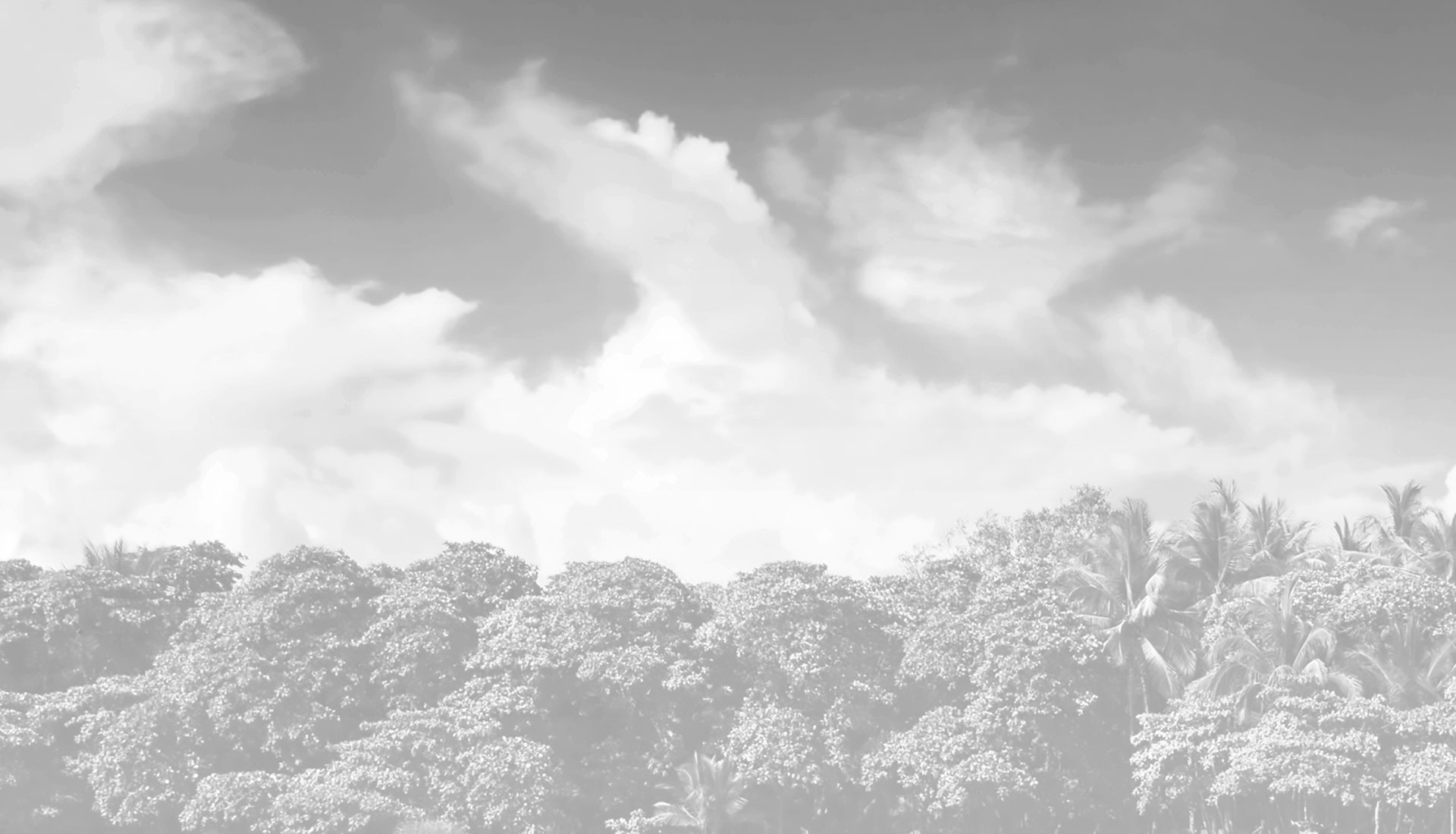
New Vision, People Skills, Patience, and Danger in the Wild West
These past several weeks have been packed with action and constant movement, as I’ve traveled around the region filming videos of the champions of the sustainable livelihoods initiative here in the Peruvian Amazon. Here are some key lessons and insights, including a change in the vision, cultivating patience and People Skills, and of course, no story would be complete without a bit of danger – in this case, a quick but sketchy trip through the New Wild West.
A change in the vision
Some of the environmental devastation of the Amazon due to gold mining directly seen from the Interoceanic Highway. This extends much deeper into the forest, supposedly already reaching Tambopata National Reserve.
When I was researching and planning for this project, originally I had thought these sustainable livelihoods would be promoted as an alternative to gold mining, which is without a doubt the major threat to the environment and natural resources of the region. It’s also the most predominant issue on the minds of all the locals, as everyone is, for the most part, disturbed at the extent of the damage to both nature and society caused by this lawless subsection of regional society, those swept away by Gold Fever.
However, I’m soon coming to realize that the sustainable livelihood activities we’re filming and promoting are not really something the miners would likely adopt. Those engaged in mining here are largely obsessed with striking it rich quickly, not making slow and uncertain profits over the long-term. As such, no amount of cacao farming or ecotourism opportunities are likely to win over this crowd.
For those already engaged in some kind of agriculture or other live-off-the-land activities, though, these livelihood alternatives can definitely be valuable additions or complementary to their existing activities. As such, I’ve come to realize that the focus of the project should look more towards introducing a more integral range of eco-business opportunities to those with some land in order to diversify their opportunities to make a profit. Other agriculturists, tour operators, and perhaps some loggers are more likely to be sold on the merits of expanding their existing activities to incorporate these sustainable alternatives.
And in order to make it all work, the videos we’re producing and the corresponding marketing campaign also needs to convince policymakers in the region that supporting the development of markets for these activities is in the best interest of the region. For example, with some regional support for the cacao and fish farms, local producers can more effectively compete in the market, and local people can buy locally grown products, rather than importing from across the border, from Brazil, as is frequently the case for many products here in Madre de Dios.
Learning from People Skills

Señor Nemesio Barrientos, the protagonist in our Fish Farming video, from whom I learned a great deal about the challenges of launching enterprises in the region
Early in the Environmental Conservation master’s program at UW-Madison, we read an interesting, albeit dated, somewhat misogynistic, and frequently corny book called People Skills: How to Assert Yourself, Listen to Others, and Resolve Conflicts. Truth be told though, it actually had some really valuable tips on effective communication that have come in handy throughout the production of the videos.
One very important point working here in a complex region is how to communicate with the locals and effectively convey the goals and methods of the project. Listening skills in particular are vital, as is a certain degree of humility and willingness to put aside my own ideas of the way things should be, and be completely open to hearing and attempting to convey that I’m hearing what they’re saying. Building trust with the participants of these videos is crucial to their success. Coming into another country as yet another gringo with visions of “saving the world”, or at least this part of it, is not usually a path to success. Openly listening, empathizing, and seeking to understand the life and culture is a much wiser road to take.
The importance of patience in establishing community bonds
 Along the same lines, one of my colleagues at ACCA who’s been engaged with the cacao farming and agroforestry initiatives, Luciano, was telling me recently about some of the challenges they faced when launching these initiatives five years ago. When he approached members of the local community to find collaborators and participants for their sustainable livelihoods initiative, many of them were extremely suspicious of ACCA at the start, and thought they were here to take their land. Only a handful of community members were willing to participate. Years later though, after seeing the results delivered with other community members like Señor Wenceslau, have they started to come around. Patience is key; if they hadn’t persisted through the doubt and suspicion, and demonstrated over the long haul that their intentions were legitimate, the initiative would have bombed.
Along the same lines, one of my colleagues at ACCA who’s been engaged with the cacao farming and agroforestry initiatives, Luciano, was telling me recently about some of the challenges they faced when launching these initiatives five years ago. When he approached members of the local community to find collaborators and participants for their sustainable livelihoods initiative, many of them were extremely suspicious of ACCA at the start, and thought they were here to take their land. Only a handful of community members were willing to participate. Years later though, after seeing the results delivered with other community members like Señor Wenceslau, have they started to come around. Patience is key; if they hadn’t persisted through the doubt and suspicion, and demonstrated over the long haul that their intentions were legitimate, the initiative would have bombed.
And I wouldn’t be here either, working on this amazing project!
New computer to save the day
After all the frustrations of the failing battery on my Mac, I finally got a new laptop – kindly pre-installed with not one but seven viruses. I managed to get all my software installed (and the viruses deleted) just in time to leave for my next production. Several weeks on, and so far this little Dell is performing okay, even surprisingly has handled video editing reasonably well. Disaster averted.
Danger in the Wild West mining town
On the way back to the city after the first week of production, we drove through one of the largest settlements of gold miners in the region, a ramshackle Wild West town built directly on both sides of the highway, cutting deep into the jungle on both sides and trailed by about a kilometer of garbage heading out of the “town” in both directions. After passing through, we stopped outside of this little mining pueblo to take some quick videos of the devastation wrought by mining. As we stopped, our driver said that they would get out and retie the motorbike, to avoid suspicion and having someone from the mining town take down our plates.
The miners are notorious for being extremely protective and will aggressively defend their activity from any form of denouncement. Being clearly not from around these parts, that’s not a risk I feel like taking for the sake of one clip in a video.
The two of them hopped into the bed of the truck to retie the moto, while I shot videos with the GoPro as subtly as I could muster. During which time, I noticed a mototaxi parked about 500 meters behind us. As soon as we pulled away, the mototaxi took off and caught up with us, trailing closely behind for about a kilometer, before backing off again. Could be a coincidence and too many movies in the memory banks, sure, but I certainly got the sense that he was right on our butt, very likely taking our plate.
Gave me quite an adrenaline shock and call for concern, as the ACCA team drives through that area on a regular, almost daily basis. Since a conservation org could easily be seen as an enemy to the miners, it definitely makes me worried for the team.





Sandra Rohrbach
Ryan, Please be extra careful. I for one am very proud of you for taking on such a career.
You truly are Mike’s offspring and he is watching over you.
love you,
Aunt Sandy
RyanT
Thanks Aunt Sandy, will do! Thanks for the kind words. Dad is definitely watching over me 🙂